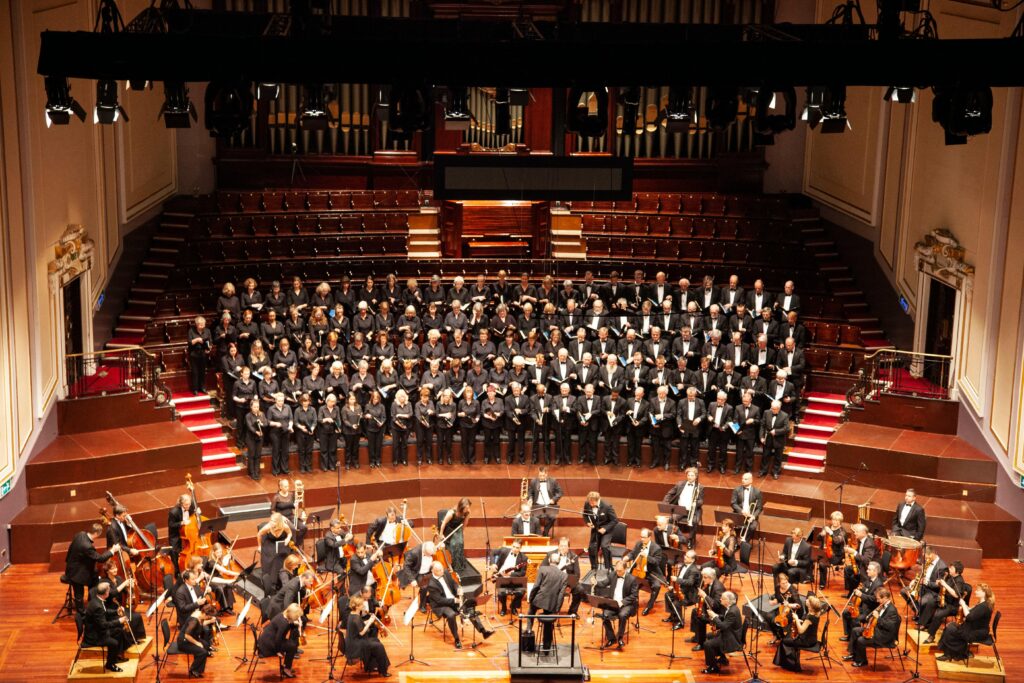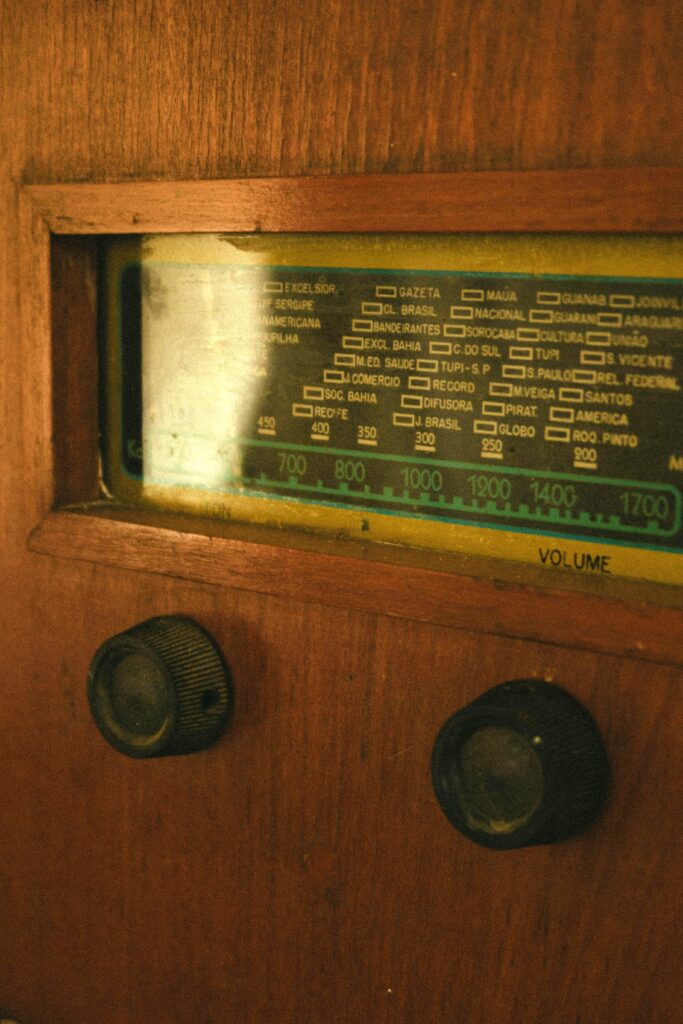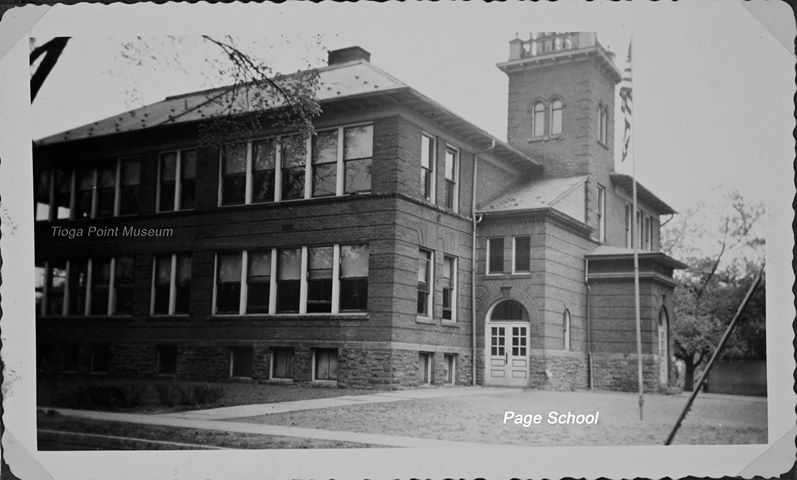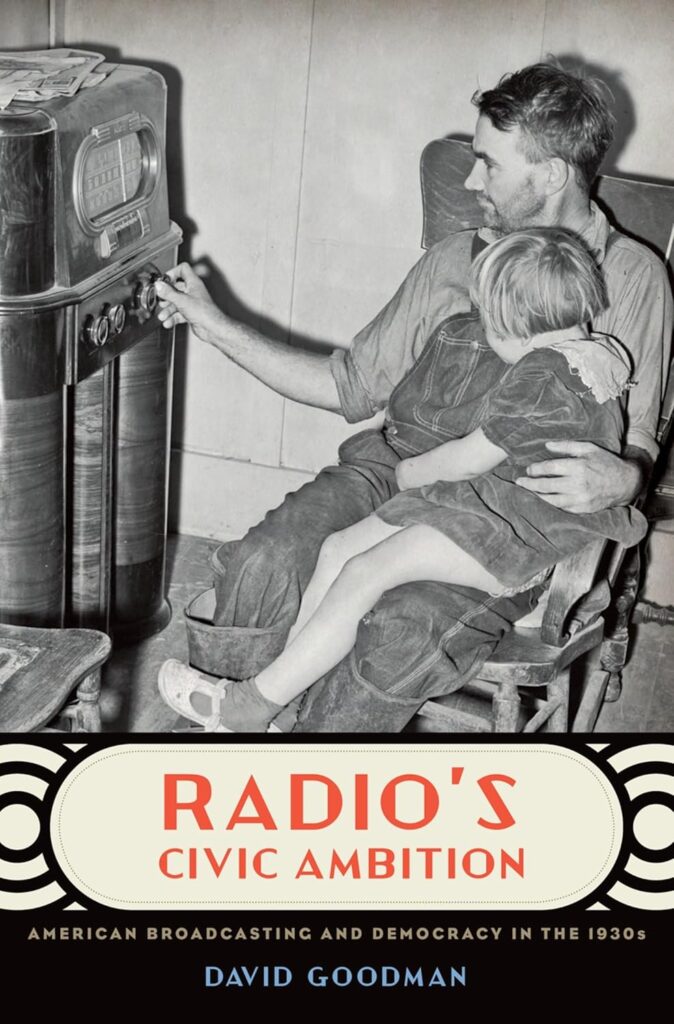When Classical Music Was Everywhere
I know it seems hard to believe, but there was a time when classical music was as available and as free as country or pop.

That time was in the early days of radio. In the 1920’s until 1950, broadcast networks such as CBS or NBC provided classical music, as did local stations. And there were a bunch of reasons why they did.

When radio was a novelty, there was a civilized war, but a war nonetheless, over what the nature of radio would be.
Would it be commercial, with advertisements? Would it be ad-free and government-run, like the BBC in Great Britain and sort of like the CBC in Canada?
Business and government and activists and all sorts of interests fought it out, and eventually a hybrid model prevailed. Radio in the United States would be mostly commercial.
But there was a catch: the government let it be known that the networks and local stations would need to be responsible for the education and welfare of their listening audiences.
This meant classical music, because it was the most easily pinned-down facet of civic responsibility. Covering political events, news, and producing educational programs such as lectures followed.
There was a missionary element in this. Fans of classical music truly believed that providing a steady diet of it to the guy milking a cow in his barn at 4 am would make the guy, and by extension America, a better and more civilized place.
The classical music industry – and there was and is one – also hoped to capitalize, money-wise, as radio made the music more commercial. That even happened, at least until the Beatles showed up and sunk the ship.
Finally, and most importantly, the roughly 1.5% of the American population that obsesses over classical music feared their type of listening would disappear under the brunt of commercial ding-dong yahoo music forms. They just hoped classical would survive.
Well, it has. Barely. And not on the networks or on your local station. Even your local National Public Radio station has replaced classical music with news, politics, chat, folk stuff, world music, and so on.
Under pressure from government, the major broadcasters gave us 30 or so years of highbrow music. Until like the internet, everything was taken over by noise to rehabilitate a population too weary of work to think or sit patiently in their “free” time.
I have a love/hate relationship with classical music. I like some periods of it, dislike others, prefer some conductors or orchestras, and demand great sound quality because shrill strings drive me insane.
I got a full dose of music education on the top floor of my grammar school, the Page School in Athens, PA, in the early 1960’s. My generation may have been the last to be blessed with this.
I remember Copland, I remember Grofe, I remember the Grand Canyon Suite and the thunderstorm in it and the clip-clop of the donkey heading down into the pit. I remember Bernstein and I remember the guy who preceded him in New York – his name begins with “k”, was it Andre Kostelanitz?? – and so on. Pretty spotty.

But I clearly remember that classical music was for the smart kids. It was for the elite. It was drilled into me.
Smart? Classical. Spud? Bobby Vinton. The Beach Boys.
Elitist? Sure. Hard to change oil to, hard to whistle to, hard to stay awake during? Sure. But some of it is mighty fine eatin’.
If you want to know all about how radio used to sound, and believe me, it didn’t sound the way it has during our lifetimes, grab the book RADIO’S CIVIC AMBITION by David Goodman, Oxford University Press:
